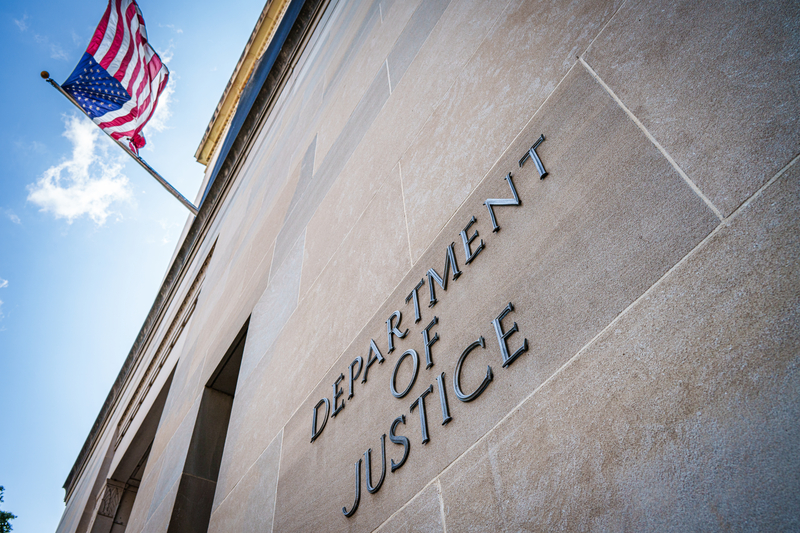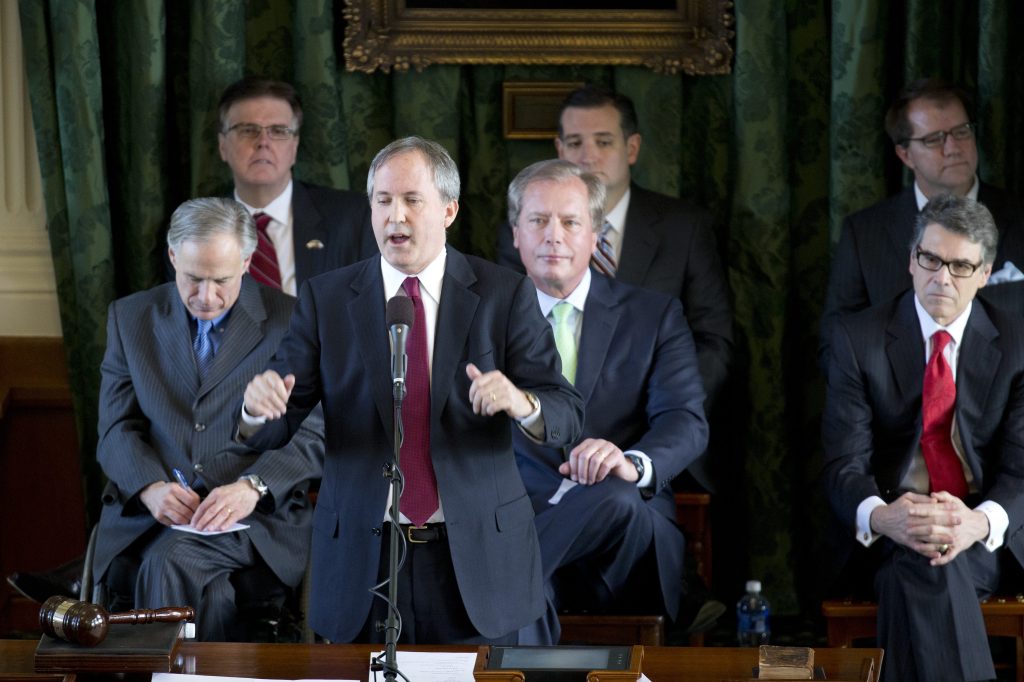Texas Attorney General Ken Paxton on Friday said Barclays would not be permitted to underwrite municipal bonds after failing to respond to questions from state authorities about its pledges to cut greenhouse gas emissions.
A spokesperson for Barclays declined to comment to news outlets about it.
Barclays was previously identified as a potential “fossil fuel boycotter” under Texas law, and when pressed for details (along with several other banks), the bank opted not to respond to questions about its ESG commitments, Paxton’s office said.
An initial letter from the attorney general’s office in November identified several banks as subjects of the review, including JPMorgan Chase, Bank of America, Wells Fargo and Morgan Stanley.
Paxton’s office in a statement said it had identified Barclays as being a member or affiliate of a net zero alliance, a type of trade group aimed at reducing planet-warming greenhouse gas emissions. “This raised concerns that Barclays’ activities may require it be classified as a ‘fossil fuel boycotter’ under Texas law,” the statement said.
“We will not approve any public security issued on or after today’s date in which Barclays purchases or underwrites the public security or is otherwise a party to a covered contract relating to the public security,” the state’s Attorney General’s Public Finance Division said.
An initial letter from the attorney general’s office in November identified several banks as subjects of the review, including JPMorgan Chase, Bank of America, Wells Fargo and Morgan Stanley.
The state proposals are part of a larger political debate over ESG that includes disagreement over its overall definition, potential disclosure obligations coming from the SEC, and whether such factors align with a company’s fiduciary duties.
Businesses must navigate a conflicting web of shareholder and client interest in supporting companies that seek to be better corporate citizens – and US state officials who could penalize them for their ESG commitments.













